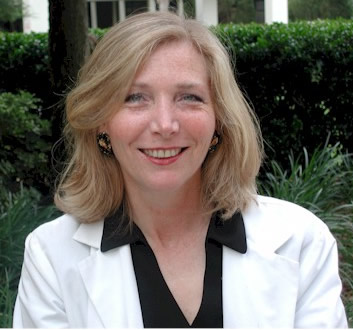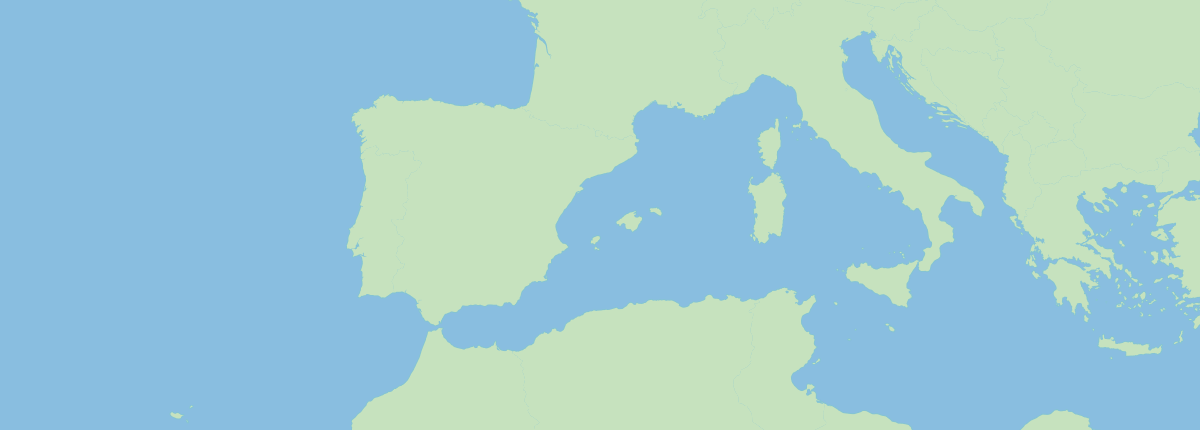14 ACPE Credits
14.0 (part II) MOC points in medical knowledge in the American Board of Internal Medicine's (ABIM) Maintenance of Certification (MOC) program
6 Hours of Pharmacology for NPs
14.0 Contact Hours



He received his undergraduate training at San Jose State University in Chemistry with a concentration in Biochemistry, and graduated with Great Distinction. He received his Ph.D. from UCLA in Biological Chemistry followed by postdoctoral training at Stanford University, School of Medicine. In June, 1977, he joined the Department of Biochemistry (renamed Molecular Medicine), in the College of Medicine at the University of South Florida.
Dr. Eichler is still active providing invited talks and consultations, and currently chair’s The Villages Community Advisory Council with oversight of cooperative university related clinical research activities.

Team Member Medical Clinic
Wellness Program
Healthy Weight and Cardiovascular Risk Reduction Program
Dr. Sahebzamani is an Adult Nurse Practitioner, and joined H. Lee Moffitt's Team Member Medical Clinic in June of 2014 to develop and manage the Healthy Weight and Cardiovascular Risk Reduction program for team members with metabolic dysregulation, overweight, and obesity.
Prior to joining the H. Lee Moffitt Team, Dr. Sahebzamani was an Assistant Professor in the USF Colleges of Nursing and Medicine, Division of Family Medicine.
From 2006-2013, she was the director of the Advanced Nursing Practice Doctorate (DNP) Program in the College of Nursing and in 2002 co-developed and co-directed the USF Prediabetes Treatment Center within the Department of Family Medicine.
During this time, she served as the Assistant Director of Research for the Department of Family Medicine.
Dr. Sahebzamani is a Fellow of the American Academy of Nurse Practitioners. Her practice expertise is in primary care, metabolic dysregulation and preventive cardiology. She speaks nationally on the topics of diabetes, obesity and cardiovascular risk factors.
In addition to her lectures, Dr. Sahebzamani has participated in developing national educational initiatives on the topics of obesity and diabetes to enhance knowledge and clinical outcomes for physicians, nurse practitioners and physician assistants.
She recently served as the lead author on the American Association of Nurse Practitioners White Paper on the Management of Obesity. Her program of research includes the topics of obesity, insulin resistance and metabolic dysregulation, and cardiovascular risk reduction in primary care settings.
Our staff can assist you with all your travel arrangements.
| DATE | PORT OF CALL | ARRIVE | DEPART |
|---|---|---|---|
| Sun Sep 22 | Barcelona, Spain |
- | 5:00 pm |
| Mon Sep 23 | *At Sea - Cruising |
- | - |
| Tue Sep 24 | Cadiz (Seville), Spain |
7:00 am | 6:00 pm |
| Wed Sep 25 | Gibraltar |
7:00 am | 5:00 pm |
| Thu Sep 26 | *At Sea - Cruising |
- | - |
| Fri Sep 27 | Sète (for Carcassonne)
|
8:00 am | 6:00 pm |
| Sat Sep 28 | Nice, France |
7:00 am | 7:00 pm |
| Sun Sep 29 | Livorno (Florence/Pisa), Italy |
7:00 am | 7:00 pm |
| Mon Sep 30 | Ajaccio, Corsica, France
|
8:00 am | 5:00 pm |
| Tue Oct 01 | 5:00 am | - |

Barcelona, Spain -
Barcelona is a one of the world's great cities. Stroll down her tree-lined boulevards, the magnificent Passeig de Gràcia or the more touristed Las Ramblas. On the Passeig, shop a serious fashion district while marveling at examples of Mordenisme architecture, seemingly sculpted from the stuff of dreams (Gaudi's masterpiece of a family home, Casa Batlló is well worth a visit). If a trip on the Passeig hasn't convinced you of Gaudi's genius, a visit to La Sagrada Familia Cathedral will do the trick; this fantastic, soaring marvel will live on in your memory long after you've returned.
Not far from the Passeig and just north of Las Ramblas, the Gothic Quarter (the Barri Gotic) provides an abundance of shopping opportunities for all tastes, and a bit of European history to boot - check out the tranquil Cathedral of Barcelona. To see a bit of local life a visit to a food market is a quick, fun detour: try Santa Caterina near the Cathedral or Mercado de La Boqueria, right off of Las Ramblas.
Barcelona's food is also a highlight: stop into a tapas bar and try a variety of delicacies. "Standard" restaurants of every style are available, too. And, there's music, too! Visit an underground jazz club or the magnificent Palau de la Música Catalana; or stop by the Palau Dalmases for a stunning, flamenco performance (it's near the Picasso museum). Did we mention art? One of the largest collections of Picasso's art is found at the Museau Picasso, and a great collection of contemporary, figurative (i.e not abstract) painting and sculpture is housed at the European Museum of Modern Art just around the corner.
It's probably clear by now that you really can't get it all done in a day (even if all means "just the must-sees"). So, stay for a day or three in the Gothic Quarter or near Plaça de Catalunya and really get a feel for what makes Barcelona such a wonderful place. Partly it's the result of the "accidents" of its history and present: as the regional capital of Spain's prosperous Catalunya region, Barcelona has a "flavor" that is a bit of a mix between Spanish and French (it's located quite close to the French border). Yes, you can practice your Spanish here - it attracts Spaniards from throughout the country - but you'll also see and hear Catalan with it's own charm. You won't regret your time here.
At Sea - Cruising - Cruising
Cadiz (Seville), Spain - Experience Spain’s vibrant culture on a Seville cruise, departing from the historic port of Cadiz. Drenched in Andalucian sunlight and scented with orange blossoms, the city sprawls along the Guadalquivir River. It boasts a rich Moorish legacy with three UNESCO World Heritage Sites, featuring gracefully adorned towers and palaces showcasing intricate Mudejar design.
Gibraltar - As long as the Barbary Apes remain, the British will rule Gibraltar‐this is the tradition that has held for 350 years. These pesky primates are a favorite with visitors despite their incessant chatter and light-fingered ways. Ride to the top of the Rock for great views over the Strait of Gibraltar‐on a clear day you'll see Africa.
Sète (for Carcassonne) - Along the southwestern coast of France near the dramatic range of Pyrenees Mountains is France's region of Languedoc and the port of Sète. This fishing village is gateway to Montpellier to the north. This historic city was the 12th century site of Europe's first medical school, established after years of growing and trading medicinal plants. The school became a university in 1289. Under the reign of Louis XIV, Montpellier was the capital of lower Languedoc, and the city rapidly expanded.
Nice, France - Cosmopolitan and chic, sun-drenched and spicy, Nice sparkles as the unofficial capital of the Riviera. Its bustling nightlife, top-notch museums, vibrant arts, and beaches enhance the charm of this Riviera town. Excellent local and regional transportation and a populace accustomed to tourists make Nice a rite of passage travelers young or old.
Livorno (Florence/Pisa), Italy - One of Italy's oldest port cities, Livorno is a small but historically rich city. Check out the red-hued Fortezza Nuova, a 16th-century fortress, and the surrounding area known as Nuova Venezia ("New Venice"), and take a mini-sailboat ride through its charming canals. Cruise to Livorno and use the city as your jumping-off point to the beauty of Tuscany: Take the 30-minute drive to Pisa and snap a quintessential picture with the city's famous leaning tower. Or head to Florence — about an hour from Livorno by car or train — where you can see the unmistakable Duomo ("dome") and the Byzantine-style frescoes of Saint John's Baptistery.
Ajaccio, Corsica, France - Ajaccio, Corsica is a gorgeous place where French and Italian influences mix harmoniously into the Corsican culture. Set between sandy beaches and rugged mountains, it is the birthplace of Napoleon Bonaparte; and numerous monuments and squares here celebrate his legacy. Bike to the beach or into the foothills, visit the market and sample fresh mediterranean offerings, or head out to the mountains and delight in the scent of sun-warmed thyme. In short, this is the place to live the mediterranean island life.
-
Our staff can assist you with all your travel arrangements.
Questions? Call us at 800-422-0711.